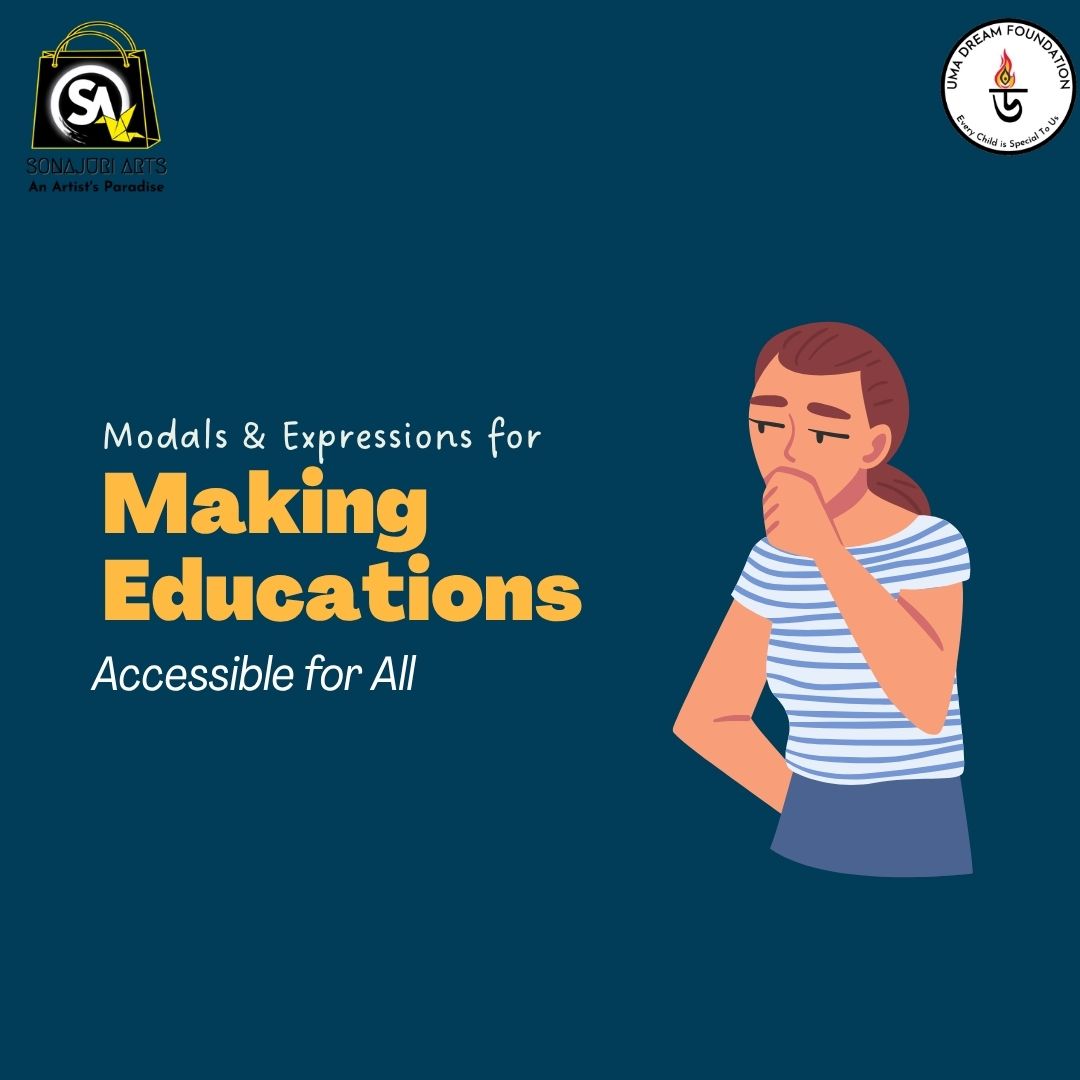Currently Empty: ₹0.00

In a world striving for equality and progress, education remains one of the most powerful tools for change. Yet, for millions of children, quality education is still out of reach due to poverty, lack of infrastructure, and social barriers. This is especially true in urban areas like Kolkata, where disparities in educational opportunities continue to persist. Here, the role of community involvement becomes not just important, but essential. Organizations such as an Education NGO in Kolkata are demonstrating how the collective efforts of local communities, volunteers, educators, and donors can bridge the gap between privilege and potential.
Community involvement brings a sense of ownership and accountability that top-down initiatives often lack. When parents, local leaders, and residents are actively engaged in educational efforts, schools become more than just institutions—they become community hubs for learning, growth, and support. Whether it’s through volunteering, mentorship, or organizing local fundraising events, community members can directly influence the quality and reach of education within their own neighborhoods.
Moreover, communities are better equipped to understand the unique challenges and needs of their children. This localized insight allows for more relevant and effective solutions—be it flexible school hours for working children, bilingual teaching for linguistic minorities, or free midday meals for undernourished students. Community-driven programs can adapt quickly, respond compassionately, and operate with a level of trust that outsiders often struggle to build.
Partnerships between NGOs and community groups have already proven successful in Kolkata and beyond. These collaborations enhance the reach and impact of educational initiatives. For instance, when community leaders advocate for the importance of schooling or help enforce attendance, dropout rates decline. When local businesses sponsor school supplies or donate space for learning centers, access and infrastructure improve. The combined power of grassroots effort and NGO support is transforming lives, one student at a time.
In addition, involving communities in education fosters inclusivity and builds a culture that values learning. This cultural shift is crucial for long-term success. When entire neighborhoods see education as a shared goal, children grow up in an environment where learning is encouraged and celebrated. This not only improves academic outcomes but also promotes social cohesion, reduces crime, and prepares youth for more active civic participation in the future.
Ultimately, the goal of making education accessible for all cannot be achieved by governments or NGOs alone. It requires the active engagement of the very people it aims to serve. In cities like Kolkata, where inequality remains a barrier to learning, community involvement turns challenges into opportunities and apathy into action.
If you’re looking to make a meaningful difference, consider supporting a charity for students in Kolkata. Your contribution—whether time, money, or resources—can help ensure that every child, regardless of their background, has the chance to learn, grow, and build a better future.
